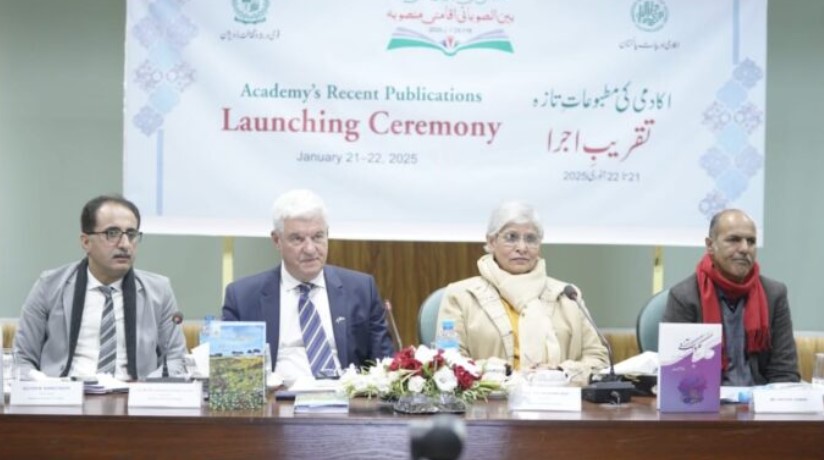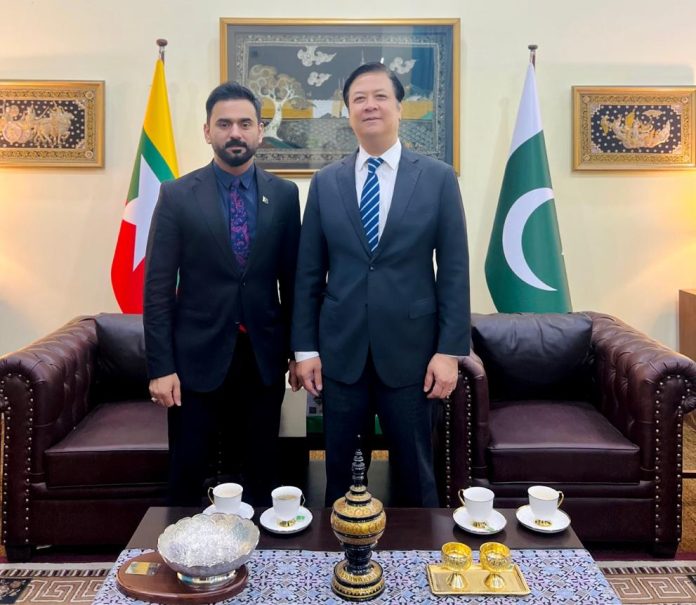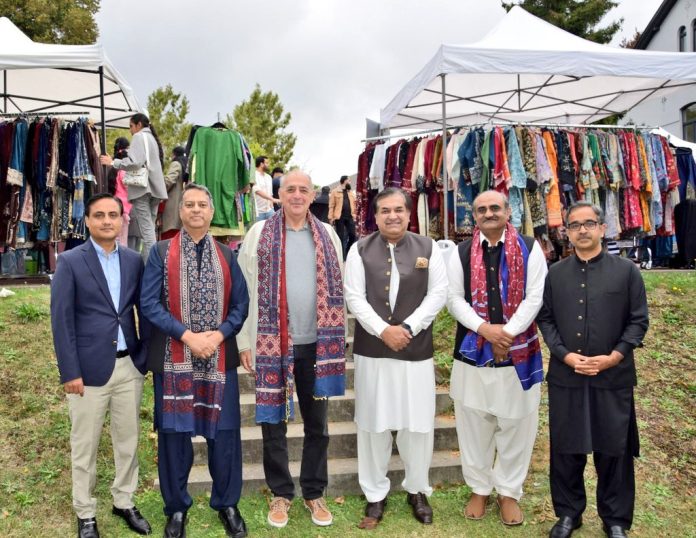
Urdu Translation of Portuguese Novel ‘Blank Gaze’ Launched in Islamabad to Strengthen Cultural Ties
- Diplomatic News
- January 24, 2025
- No Comment
Urdu Translation of Portuguese Novel ‘Blank Gaze’ Launched in Islamabad to Strengthen Cultural Ties
Report by Syed Farzand Ali
A new chapter in cultural exchange between Portugal and Pakistan was unveiled today with the launch of the Urdu translation of the celebrated Portuguese novel ‘Nenhum Olhar’ (Blank Gaze) by José Luís Peixoto. The event was held at the Pakistan Academy of Letters (PAL), with **Portuguese Ambassador to Pakistan, Frederico Silva, playing a key role in marking this milestone.
The Urdu translation, titled ‘Viran Nazar’, was officially released by PAL, highlighting the growing literary collaboration between the two countries. The novel, which has earned its place as one of Portugal’s most significant contemporary literary works, was translated into Urdu by Muhammad Atif Alam, making it accessible to the Urdu-speaking audience. This initiative is part of a broader cultural exchange program aimed at introducing Portuguese literature to Pakistan.
The launch ceremony saw the participation of PAL Chairperson Najeeba Arif and Director General Sultan Nasir, who have been instrumental in bringing this translation project to fruition. The effort builds on past successful translations of prominent Portuguese writers such as José Saramago and Fernando Pessoa, ensuring a continuous flow of cultural knowledge between the two nations.
José Luís Peixoto, known for his evocative storytelling and exploration of the human condition, penned ‘Blank Gaze’, which won the José Saramago Literary Prize in 2001. The novel’s universal themes of love, loss, and introspection have made it a global success, translated into more than 30 languages. By bringing this work to Urdu readers, PAL not only enriches Pakistan’s literary scene but also strengthens its relationship with Portugal through the shared language of literature.
With this translation, PAL continues its mission to foster mutual understanding and cultural diplomacy, further showcasing the power of literary exchange in connecting people across borders.







